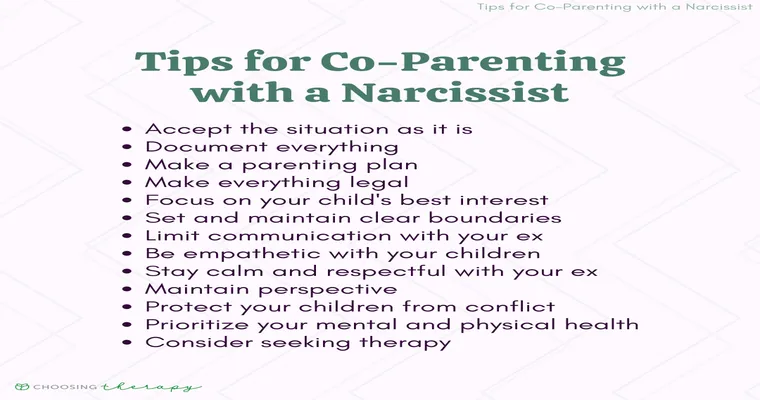Dealing with a parent who has dementia can be an incredibly challenging experience, especially when "racist behaviors" emerge. As dementia progresses, individuals may exhibit changes in personality and behavior, which can sometimes include "racism" or "prejudice". Understanding how to navigate these difficult situations is crucial for both the caregiver and the individual with dementia.
Understanding the Behavior
It's important to recognize that "racism" exhibited by a parent with dementia may not reflect their true beliefs or values. Dementia can lead to confusion and changes in perception, causing individuals to express thoughts and feelings that may be influenced by their environment, past experiences, or even the media they consumed. This means that while the behavior is concerning, it may stem from a brain that is struggling to process information rather than a conscious intent to harm or offend.
Strategies for Caregivers
1. "Stay Calm and Compassionate": When faced with "racist remarks", it is essential to remain calm. Responding with anger or frustration can escalate the situation. Instead, approach your parent with compassion, recognizing that their behavior is a result of their condition.
2. "Redirect the Conversation": If your parent makes a "racist comment", gently redirect the conversation to a more neutral or positive topic. This can help diffuse tension and steer the discussion away from sensitive issues.
3. "Set Boundaries": It is important to establish clear boundaries. While you want to be understanding, you also need to communicate that "racist behavior" is not acceptable. This can be done in a gentle manner, perhaps saying something like, "I don't think that's a nice thing to say."
4. "Educate Yourself and Others": Understanding dementia and its effects on behavior can empower you as a caregiver. Consider reading books or attending workshops on dementia care. Additionally, educating family members or friends about the realities of dementia can help them respond appropriately when these situations arise.
5. "Seek Support": Caring for a parent with dementia can be isolating. Consider joining a support group where you can share your experiences and learn from others facing similar challenges. This can provide you with valuable insights and coping strategies.
Professional Help
If the "racist behavior" becomes more pronounced or difficult to manage, consider consulting a healthcare professional. They can provide guidance tailored to your parent's specific condition and may suggest therapies or interventions that could help mitigate these behaviors.
Conclusion
Handling "racism from a parent with dementia" requires patience, understanding, and careful management. By employing strategies to redirect conversations, set boundaries, and seek support, caregivers can navigate these challenging situations more effectively. Remember, while your parent's comments may be hurtful, they are often a reflection of their condition rather than their true self. With compassion and the right approach, you can maintain a loving relationship while addressing the complexities of dementia.





